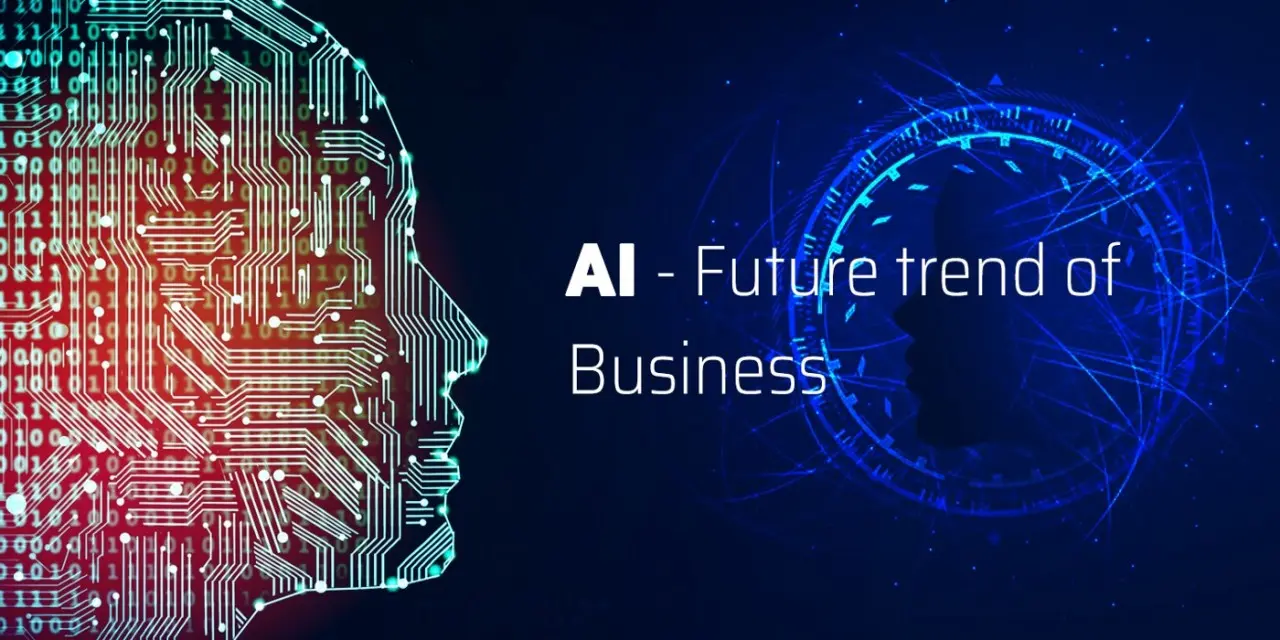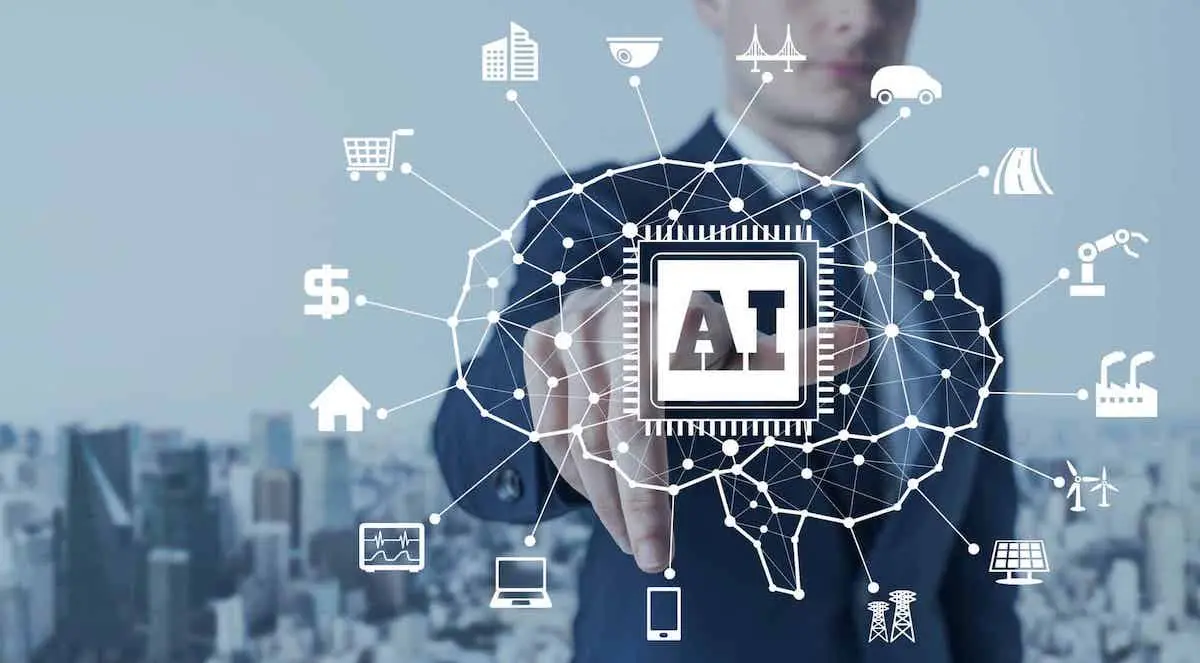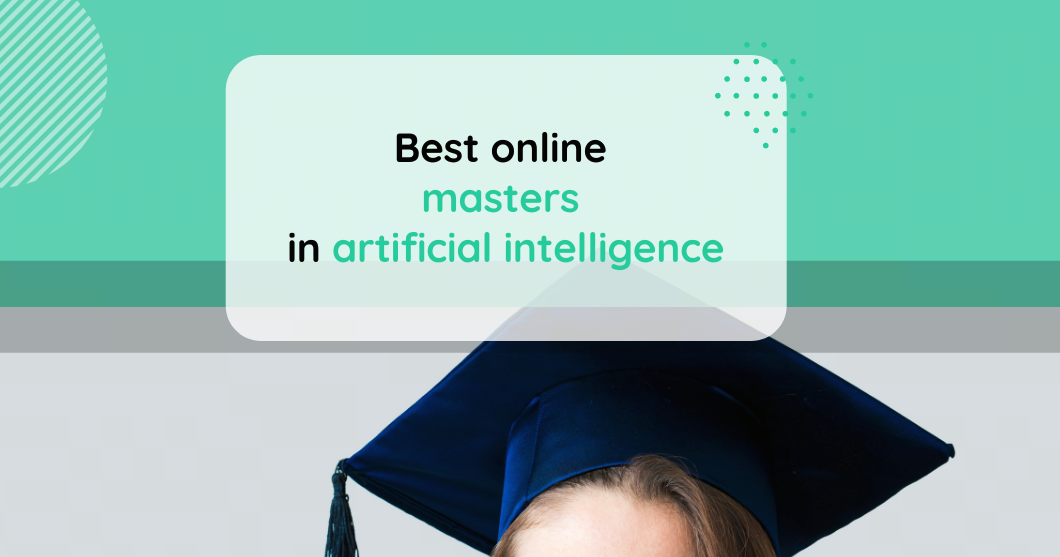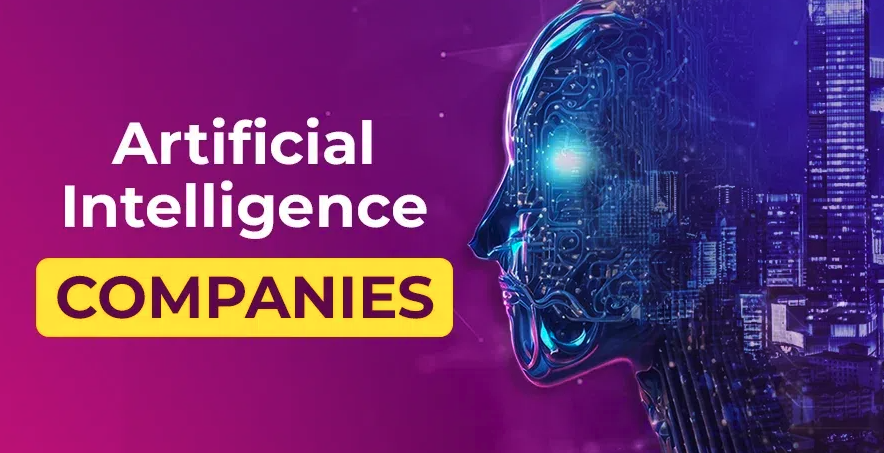
Why Use AI in Business?
AI is not just a buzzword; it's a powerful tool that can transform how businesses interact with customers, streamline processes, and innovate. Here’s why businesses should embrace AI in 2025:
- Increased Efficiency: Automate repetitive tasks, enabling your team to focus on more strategic activities.
- Enhanced Decision Making: AI can analyze vast amounts of data quickly and provide actionable insights for better business decisions.
- Cost Reduction: AI-driven automation helps reduce labor costs and operational inefficiencies.
- Improved Customer Experience: AI enables businesses to personalize services, respond to customer queries faster, and offer more relevant recommendations.
By adopting AI, companies can unlock a wide range of opportunities to stay ahead of the competition.
Key Areas Where AI Can Benefit Businesses in 2025
AI has applications across every business function, from marketing to operations and beyond. Here are some key areas where AI is making an impact:
1. AI in Customer Service
AI-powered chatbots and virtual assistants are transforming customer service by offering instant, around-the-clock support. These tools can handle common inquiries, troubleshoot issues, and even assist in the purchasing process, improving overall customer satisfaction.
Benefits:
- 24/7 customer support: AI doesn’t need breaks or sleep.
- Reduced response time: AI bots can provide instant answers to common questions.
- Improved customer satisfaction: With AI, businesses can address problems in real-time.
2. AI in Data Analytics
AI algorithms can process large datasets faster and more accurately than humans, providing businesses with deep insights into consumer behavior, market trends, and financial performance. This enables companies to make data-driven decisions in real-time.
Benefits:
- Faster decision-making: AI can analyze data faster than traditional methods.
- Predictive insights: AI can identify emerging trends, helping businesses stay ahead of the competition.
- Enhanced data visualization: AI tools can present complex data in easy-to-understand formats.
3. AI for Marketing Automation
AI tools can help businesses optimize their digital marketing efforts by automating tasks such as content creation, social media management, and email campaigns. AI-powered marketing platforms can also analyze customer preferences and tailor content to increase engagement.
Benefits:
- Personalization: AI can create personalized marketing campaigns based on customer data.
- Lead scoring: AI can identify high-quality leads, improving sales conversions.
- Efficiency: Automate routine tasks, allowing marketing teams to focus on creative strategies.
4. AI for Inventory and Supply Chain Management
AI can optimize inventory management and supply chain operations by predicting demand patterns and streamlining logistics. This helps businesses maintain the right level of stock, reducing waste and improving operational efficiency.
Benefits:
- Predictive analytics: AI can predict future demand based on historical data.
- Reduced stockouts: By forecasting demand, AI minimizes the risk of running out of stock.
- Supply chain optimization: AI helps streamline logistics and reduce transportation costs.
5. AI in HR and Recruitment
AI is transforming human resources and recruitment by automating candidate screening, analyzing resumes, and matching candidates with the most suitable roles. AI tools can also help with employee engagement and performance tracking.
Benefits:
- Faster hiring process: AI can quickly sift through large pools of resumes and match the best candidates.
- Bias reduction: AI can help eliminate unconscious bias during the hiring process.
- Employee retention: AI tools can identify trends in employee satisfaction, helping HR teams improve retention.
Best AI Tools for Businesses in 2025
Here’s a list of some of the most effective AI tools that can help businesses harness the power of AI in various operations:
| Tool | Application | Key Features |
|---|---|---|
| ChatGPT (OpenAI) | Customer service, marketing | AI-powered chatbot, natural language processing (NLP), personalization. |
| Google Analytics AI | Data analytics | Predictive analytics, insights, customer behavior analysis. |
| HubSpot AI | Marketing automation | Automated email campaigns, lead scoring, A/B testing. |
| UiPath | Robotic Process Automation | Automation of routine business processes, AI-driven workflows. |
| Workday | HR and recruitment | AI-driven candidate screening, employee performance analytics. |
| IBM Watson | Data analysis, AI solutions | AI-powered analytics, natural language understanding, predictive insights. |
How to Implement AI in Your Business
Successfully implementing AI in your business requires a thoughtful approach. Here are the steps to get started:
1. Identify Key Business Areas for AI Integration
Start by identifying areas in your business that can benefit the most from AI, such as customer service, marketing, or supply chain management. Focus on processes that are time-consuming or repetitive, as these are the areas where AI can add the most value.
2. Choose the Right AI Tools
Select AI tools that align with your business goals. For example, if you're looking to improve customer service, consider investing in AI-powered chatbots. If data analysis is your priority, tools like Google Analytics AI or IBM Watson may be more appropriate.
3. Invest in Training and Resources
AI adoption often requires upskilling your team. Invest in AI training programs for employees and hire AI specialists if necessary. Training your team ensures that your business can fully leverage the benefits of AI technology.
4. Monitor Performance and Optimize
Once your AI systems are up and running, monitor their performance regularly. Use analytics to assess their effectiveness and make adjustments as needed. Continuously optimizing your AI tools will help you stay ahead of trends and maximize their impact.
AI Adoption Trends in 2025
By 2025, AI will be a central part of most business strategies, especially as more companies transition to digital-first operations. Here are some AI trends to watch:
- Increased use of AI in customer experience: Expect AI to provide hyper-personalized experiences based on individual customer data.
- AI-powered decision-making tools: Businesses will rely more on AI to make real-time, data-driven decisions.
- AI and automation integration: As automation becomes more prevalent, AI will play a crucial role in improving efficiency across industries.
- Ethical AI development: Companies will focus on developing AI systems that are transparent, fair, and free from bias.
Conclusion
AI is not just a future trend—it’s already transforming how businesses operate in 2025. By adopting AI in key areas like customer service, marketing, data analysis, and supply chain management, businesses can increase efficiency, reduce costs, and provide better experiences for their customers. To stay competitive, companies must embrace the power of AI and incorporate it into their business strategies today.
As AI continues to evolve, the possibilities for its application are limitless. Whether you’re a small business or a large enterprise, leveraging AI can unlock new opportunities for growth and success. Start implementing AI in your business now, and take the first step towards a more innovative, data-driven future!



